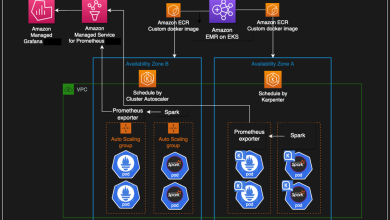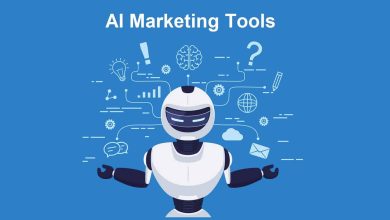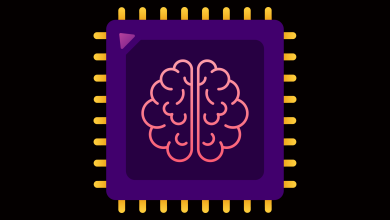
Agentic AI is attracting a lot of attention for its ability to behave autonomously and render complex, multi-step processes into seamless wholes by joining up data from multiple sources. For ERP, agentic AI holds particularly spectacular promise, offering the orchestration and automation capacity to accelerate actions, dispense with dull chores and inform smarter decisions. To put a number on the scale of change that AI and associated technologies will afford, we believe that half of ERP tasks will be automated. That will be a game-changing development that liberates humans from digital drudgery and creates the sorts of process efficiencies and accuracy gains that CIOs have long dreamed of.
The sweet spot for achieving this step-change is at the intersection between the ERP system, AI and core collaboration tools. With our new Advanced Virtual Agent (Ava) technology, we have created a way to combine the power of ERP and Microsoft Teams, with support for other collaboration tools to follow. Our goal is to deliver technology that will address the ‘three As’: assist, advise and act autonomously depending on the context and user need. In other words, we will augment human creativity with proven ways to execute tasks and set AI to work on creating an environment for core processes very different to what has been the norm for decades. Finally, we will be able to address one of the most common complaints about day-to-day ERP: the challenge of accessing centralised data and putting it to work most efficiently.
Let’s take a look at some examples of how Ava can help workers day in, day out.
Finance actions such as filing an expense claim can now be automated almost completely. A CFO can depend on AI to detect anomalies such as incorrect calculations or currencies used, thus saving time and money in establishing root causes of problems.
HR actions such as identifying where skills gaps lie or best ways of onboarding a new team member can quickly be surfaced. HCM leaders will be prompted to take certain actions based on recognised best practices that have generated great results, rather than having to ask questions.
In project management, tasks such as finding the right group leaders and members or communicating an update to a group could also be made far simpler. A leader can combine ERP, AI and a collaboration system like Teams to assemble working groups, ideate, spot potential wrinkles and share progress, regardless of languages spoken, thanks to auto-translation.
Liberating workers
Finally liberated from repetitive, low-value tasks, human beings will be free to add value and innovate, to be proactive rather than reactive. Decisions can be made faster, based on auditable proof that they are the right moves to make. AI is delivering other advantages too, from the ability to personalise digital experiences to applying trend-detection analytics. It also dovetails with a broader mission we have been on to create human-centred ERP based on personas and individual preferences. With AI supplementing other research and development efforts to automate processes, we believe that up to 30 percent of time can be shaved off tasks, human errors can be reduced by 50 percent and 60 percent can be taken off speed to resolution. We believe that AI can help to achieve up to 90 percent more efficient multi client invoice handling, a halving of the time to figure out why invoices are delayed and a 60 percent time saving in amending invoice errors. We are seeing a quantum leap in our ability to get work done.
While many watchers focus on the possibilities for AI replacing jobs, it’s our contention that it is essentially a tool for helping people to do their jobs better. AI may be revolutionary but we need to use it pragmatically in order to drive process efficiencies and to achieve more for the people using it. While AI can and will be used to automate many processes and aspects of processes we will still need human oversight. And of course we need to be wary of potential breaches of data security and privacy caused by reckless AI automation.
Leaders must as ever be guided by business needs rather than marvelling at innovation novelty.
As Alejandra Diaz, head of IT for Telefonica Innovacion Digital has said: “Technology leaders need to always have a strategic vision of how data and AI can transform the business. But it’s vital that they stay results-orientated, to be able to translate technical concepts into commercial impact and customer experiences.”
But it’s hard not to get excited by what’s happening. Many AI advances will not be immediately noticed by users but others will. AI-powered digital agents will be our new workmates, able to help us learn, decide next steps and to delegate to our robo-friends. By bringing together ERP with collaboration tools we can better harness global teams, share knowledge and work in lockstep.





